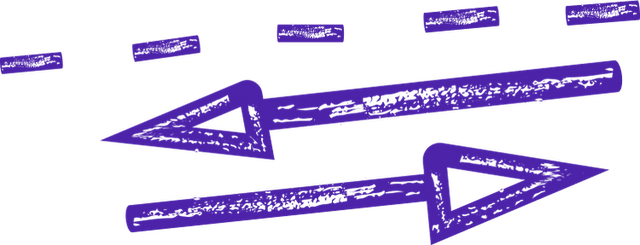
tail recursion
Tail Recursion: The Whirling Dance of Optimized Function Calls
Digging deeper, recursion in programming is a method where a function calls itself to solve a problem. This approach can make complex problems more manageable, but it can also lead to significant memory usage. Each recursive call adds a new layer to the system's call stack, which can quickly pile up with deeply recursive or highly repetitive operations.
Enter tail recursion, the superhero of recursion. By handling the computations first and making the recursive call last, the system doesn't need to keep the current place in memory. This means it's more memory-efficient, allowing you to do more with less.
Many modern compilers and interpreters recognize tail-recursive functions and optimize them accordingly. This optimization essentially turns the recursion into a loop, avoiding the addition of new stack frames for each recursive call. As a result, a tail-recursive function can handle larger inputs and deeper recursion without running the risk of a stack overflow error.
Although tail recursion has its benefits, it's not always the most intuitive approach to a problem. It often requires programmers to structure their functions differently, thinking carefully about the order of computations and the timing of the recursive call.
To conclude, tail recursion is a graceful dancer in the programming world, spinning around the potential pitfalls of traditional recursion and stepping lightly on memory resources. But remember, just like learning a new dance routine, tail recursion takes some practice. As you whirl around in the dance of recursion, don't be afraid to try the twirl of tail recursion. And remember, practice makes perfect—even in programming.
Let’s build your next digital product — faster, safer, smarter.
Book a free consultationWork with a team trusted by top-tier companies.








